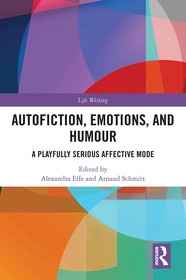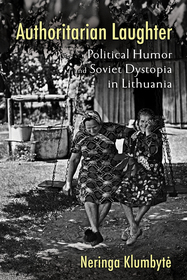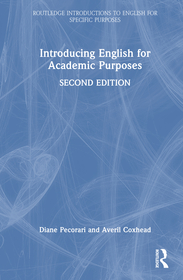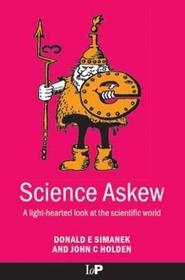
- Publisher's listprice GBP 130.00
-
62 107 Ft (59 150 Ft + 5% VAT)
The price is estimated because at the time of ordering we do not know what conversion rates will apply to HUF / product currency when the book arrives. In case HUF is weaker, the price increases slightly, in case HUF is stronger, the price goes lower slightly.
- Discount 20% (cc. 12 421 Ft off)
- Discounted price 49 686 Ft (47 320 Ft + 5% VAT)
Subcribe now and take benefit of a favourable price.
Subscribe
62 107 Ft

Availability
Estimated delivery time: In stock at the publisher, but not at Prospero's office. Delivery time approx. 3-5 weeks.
Not in stock at Prospero.
Why don't you give exact delivery time?
Delivery time is estimated on our previous experiences. We give estimations only, because we order from outside Hungary, and the delivery time mainly depends on how quickly the publisher supplies the book. Faster or slower deliveries both happen, but we do our best to supply as quickly as possible.
Product details:
- Edition number 1
- Publisher Routledge
- Date of Publication 26 December 2022
- ISBN 9781032411064
- Binding Hardback
- No. of pages162 pages
- Size 246x174 mm
- Weight 420 g
- Language English 424
Categories
Short description:
This book depicts that autofictional texts often make use of humour and play in a productive and meaningful way, tackling issues like human rights violations, historical, collective and personal trauma, and struggle with psychological or physical illness and abuse. It was originally published as special issue of Life Writing.
MoreLong description:
Autofiction is often associated with humour, irony, and play. Moreover, authors of autofictional texts are frequently criticised for a lack of seriousness or for failing to straightforwardly and in their own voice engage with a given topic. Yet very few autofictional texts are exclusively, or even primarily, playful. Many employ humour and irony to address very serious subject matter. This volume explores how these seemingly opposed characteristics of autofictional texts in fact work together. The contributions in this volume show that autofictional texts often make use of humour and play in a productive and meaningful way, tackling issues such as human rights violations, historical and collective as well as personal trauma, and struggle with psychological or physical illness and abuse. On the basis of geographically wide-ranging case studies, including texts from South America, South Africa, the United States, and Europe, this book explores how, in which contexts, and to which effects autofictional texts reveal their authors’ complex and often painful psychological experiences and engage the emotions of their readers.
This book was originally published as a special issue of the journal Life Writing.
Table of Contents:
1. Autofiction, Emotions, and Humour: A Playfully Serious Affective Mode 2. Avatars as the Raison d’Être of Autofiction 3. The Bronx in Short Trousers: Jerome Charyn’s Mischievous Childhood Recollections in The Dark Lady from Belorusse 4. The Ridiculous Legend of El Gran Vázquez: Self-deprecation and Picaresque in the Autofictional Comics by Vázquez 5. A Trickster’s Tale: Autofictional Humour in Günter Grass’s Beim Häuten der Zwiebel 6. Gender Tensions, Taboos and Textual Acts in Melina Rorke’s Autofiction 7. Resistance and Desire: Autofictional Satire and Intersubjectivity in Samuel Shem’s The House of God 8. Autofiction and Testimony in Vigdis Hjorth’s Will and Testament 9. Uncovering the Unwritten: A Paratextual Analysis of Autofiction 10. Archival Autofiction in Post-Dictatorship Argentina
More








